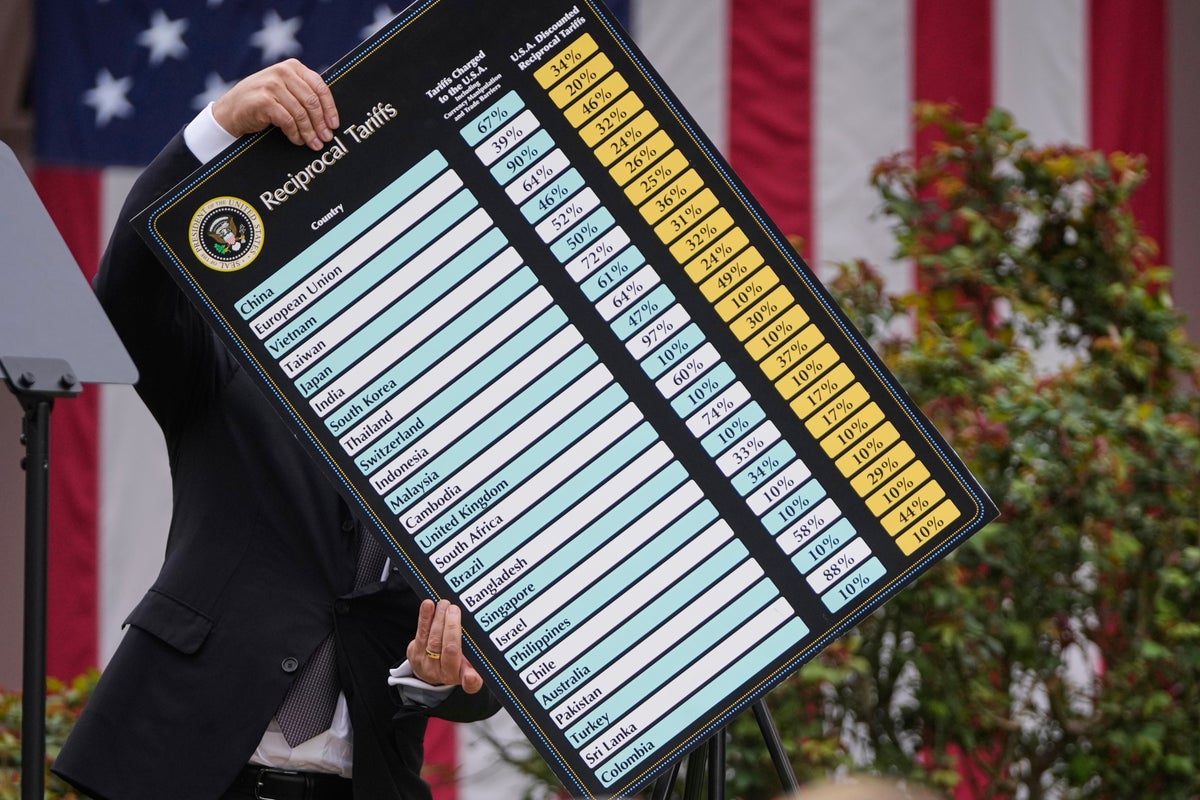
Cash ISA changes are coming, Rachel Reeves confirms
Labour is set to press ahead with controversial reforms to cash ISAs as chancellor Rachel Reeves confirms work is underway in the Treasury.
Ministers are understood to be looking at lowering the annual amount savers can invest in their tax-free cash ISAs in a bid to encourage them to consider investing in equities instead, like a stocks and shares ISA. Some economists have even advocated for the current £20,000 threshold to be cut to just £4,000.
Speaking to the Commons Treasury committee on 2 April, the chancellor said she doesn’t want to “rush” the changes but added: “I do think that reform would be worthwhile and that’s what we’re looking at at the moment.”
“I want to say that I do recognise the importance of cash for a lot of people,” she said. “Already, you can save in a savings account and some of that is tax-free, the interest on that is tax-free, and also we have got the ISA limits.
“But I do want to look at the balance, because I think sometimes it’s a disservice to people saving. If you think about the inflation we’ve experienced over the last few years, you’ve actually seen an erosion in the value of your savings in real terms.”
Any major reform would likely require legislative change. This means the next chance for the Treasury’s full plan for cash ISAs to be revealed will be at this year’s autumn budget, with consultations ongoing in the meantime.
While the chancellor did not mention reforms to cash ISAs during her spring statement, the accompanying document confirmed: “The government is looking at options for reforms to Individual Savings Accounts that get the balance right between cash and equities to earn better returns for savers, boost the culture of retail investment, and support the growth mission.”
What is an ISA?
An ISA is a tax-efficient pot which can hold cash or investments. Since 2017, holders have been able to add up to £20,000 a year to their account or accounts (combined if several) and they won’t be taxed on interest, capital gains or dividend income generated.
When ISAs were introduced in 1999, the total annual limit was £7,000, only £3,000 of which could be in a cash ISA. This began to rise in 2008 before hitting £20,000 in 2017.
More than 18 million people hold savings in a cash ISA, with about £300 billion stored in them. Savings providers have said they are preparing to oppose a move to bring down the deposit limit on a cash ISA.
Responding to Labour’s spring statement, chief executive of Leeds Building Society Richard Fearon said: “We remain concerned about the long-term threat of a reduction in cash ISA allowances.
“Reducing the amount which can be saved would have significant effects on savers, mortgage rates and wider aims to increase the size of the mutual sector.
“We will continue to make the case on behalf of our members for retaining the current rules, whether that comes as a single change or part of wider ISA reforms.”

Rachel Springall, a finance expert at Moneyfactscompare.co.uk, said: “There will be savers out there who do not want to be forced to place their hard-earned cash in a pot which could be at risk.
“A stocks and shares ISA is suitable for those who intend to invest over the longer-term, as fund performance can fluctuate over shorter-term timescales.
“However, over the longer-term, stocks and shares ISAs can outpace cash returns and beat inflation, but there is never a guarantee that funds will perform well.”
Meanwhile, trade group the Building Societies Association has previously warned of knock-on impacts of curbs on cash ISAs. Banks and building societies use the deposits to fund loans to households and businesses.
The association warned that reducing them would mean less money flowing into banks and building societies, which would restrict lending and push up mortgage prices.
Money Saving Expert founder Martin Lewis also recently expressed his opposition to the cash ISA limit reduction to a committee of MPs, telling them that people are “worried about what’s going on”.










